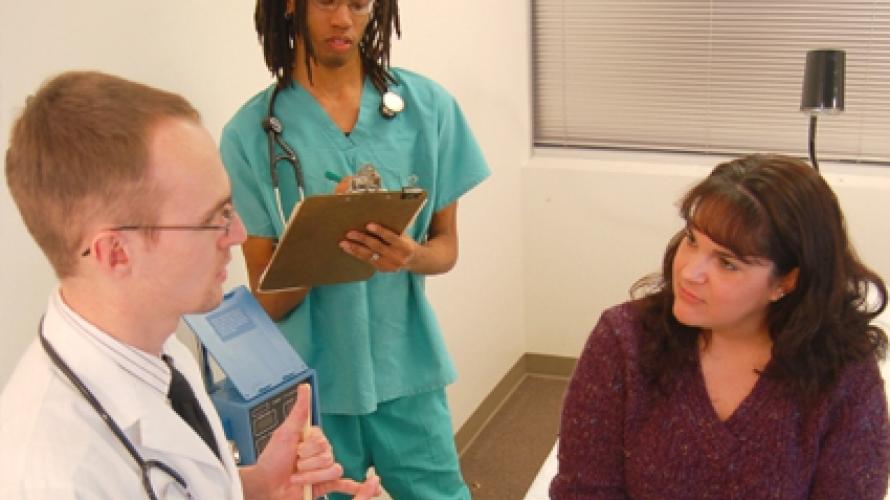
What is the study about?
Survivors of burn injuries face a series of complex issues and require coordinated outpatient care. This study analyzed the impact of supplementing outpatient services with an Expanded Care Coordinator (ECC) on reducing barriers to effective burn rehabilitation. Patients were randomized to receive either the standard outpatient rehabilitation care, or extra services from an ECC.
What did the study find?
The researchers found no differences in the outcome measures between the groups at either 6 or 12 months post-burn. Three possible reasons for this finding were discussed. First, the standard of care that these participants received was already multidisciplinary and quite comprehensive. Second, perhaps not all patients with burn injuries need such intensive services. Future research should identify which patients are at higher risk for poor outcomes who could benefit from more intensive services. Finally, the investigators observed that participants from both groups reported that they liked the Goal Attainment Scale and the emphasis on personal goals. Researchers suggest that the Goal Attainment Scale may have prompted patients to work towards their own goals and was an intervention. The benefits of personalized goal setting may be an area for further research as a care strategy for this population.
Who participated in the study?
There were 81 participants in the study. The group receiving standard care (control group) comprised 40 adults (25 men, 15 women), and the group who had the addition of the ECC (study group) comprised 41 adults (29 men, 12 women). The average age of participants was 43, the majority (>80%) of participants were Caucasian and were living in urban areas. Burns across the total body surface area (TBSA) averaged 38% for the control group and 35.5% for the study group.
How was the study conducted?
Each participant completed a goal attainment questionnaire and was then randomly assigned to either the control or the study group. All patients received the usual clinic-based outpatient care, which included a teaching session before leaving the hospital and a follow-up call at 24 hours post-discharge. The study group received extra services from the ECC, which included semistructured phone calls within 24-48 hours post-discharge and at weeks 2, 4, 8 and 12, and months 5, 7, and 9. The phone calls focused on solution-focused counseling, appointment coordination, finding community referrals, and reviewing their stated goals. At 6 and 12 months post-burn, each participant completed several outcome measures, including the Goal Attainment Scale and the Burn-Specific Health Scale-Brief (BSHS-B).
Reference
Wiechman, S.A., Carrougher, G.J., Esselman, P.C., Klein, M.B, Martinez, E.M., Engrav, L.H., Gibran, N.S. (2014). An Expanded Delivery Model of Outpatient Burn. Journal of Burn Care and Research.